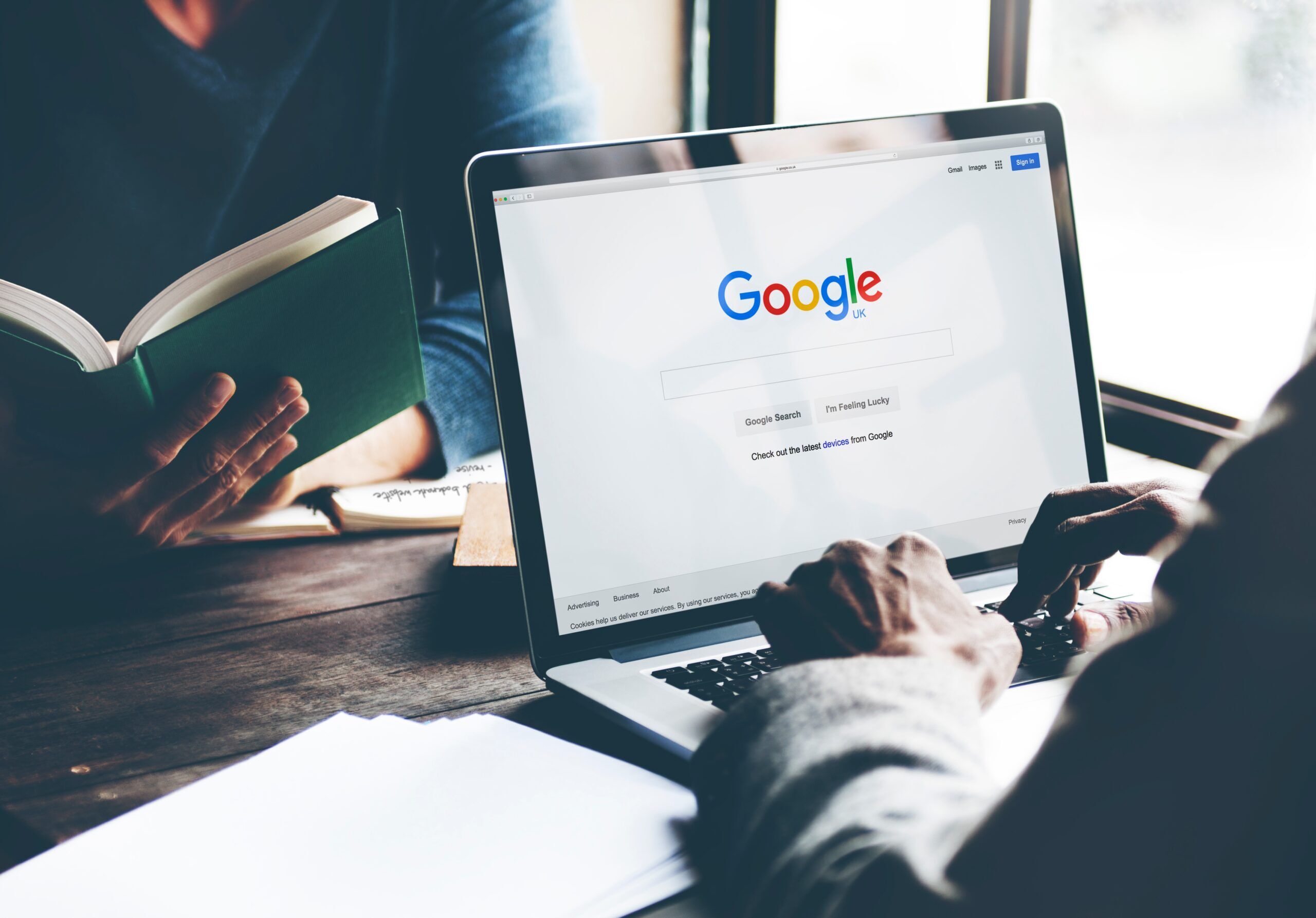New research shows that Google searches connected to gender and sexual identity exploration have skyrocketed for almost two decades.
The Cultural Currents Institute released data on Google searches from 2004 to 2023 that highlighted a 1300% increase in searches for questions, such as “am I gay”, “am I lesbian”, “am I trans”, “how to come out”, and searches for the word “nonbinary”, throughout this time period. Interestingly enough, the majority of these searches hailed from conservative states.
CCI’s research showed that Utah led the nation in searches for the questions “am I gay,” “am I lesbian,” and “am I trans.” Other states, such as Iowa, Indiana, West Virginia and New Hampshire followed the Beehive State in the number of searches for “am I gay”. Whereas Connecticut, Kentucky, Washington and Colorado followed Utah in searches for “am I lesbian.”
According to the ACLU, these states with the most searches for LGBTQ+ information just so happen to overlap with the list of states that have added to the growing number of anti-LGBTQ+ legislation within the U.S. The country currently has 490 anti-LGBTQ+ bills, with some states having introduced multiple bills. Additionally, according to research from PEN America, a group that works to defend and celebrate free expression in literature, there have been 1,477 cases of books banned, ultimately taking 847 different books off the shelves. Many of these contain LGBTQ+ themes or characters.
It’s clear that, with an increase in book bans and challenges going into effect, more LGBTQ+ people will have to rely on Google. However, Google is an unreliable source, filled with random quizzes and piss poor recommendations that won’t always accurately give searchers the information that they need. Still, with more anti-LGBTQ+ bills, like Florida’s “Don’t Say Gay” bill, popping up, access to LGBTQ+ information regarding health, identity, narratives, and resources will become harder to access. Ultimately, leading to generations of uninformed queer folks and non-queer folks alike, potentially generating more bias towards the LGBTQ+ community.
If queer people are to stand a chance to safely learn more about themselves and the rest of the LGBTQ+ community, access to information in different formats, including books, films, TV, and research, must be available. Until then, more queer people go without necessary resources.
Related:
Conservatives Have Turned to a Ratings System to Implement Book Ban
This bill just increases conservative control over material they deem offensive, which just so happens to mostly feature LGBTQ+ stories.
Don't forget to share:
Help make sure LGBTQ+ stories are being told...
We can't rely on mainstream media to tell our stories. That's why we don't lock our articles behind a paywall. Will you support our mission with a contribution today?
Cancel anytime · Proudly LGBTQ+ owned and operated
Read More in Culture
The Latest on INTO
Subscribe to get a twice-weekly dose of queer news, updates, and insights from the INTO team.
in Your Inbox














